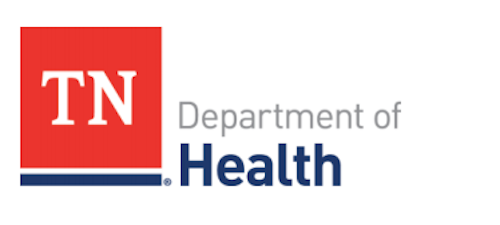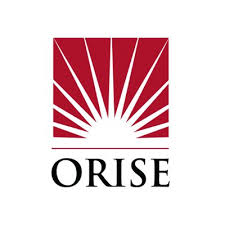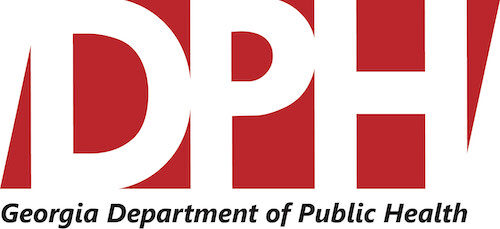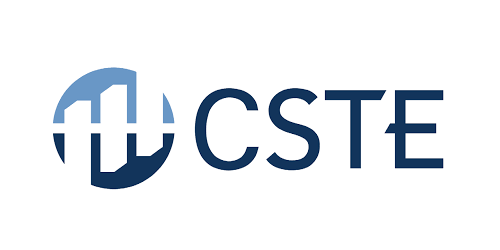The GRASP ORISE Fellowship Program is hosted by the Geospatial Research Analysis, and Services Program (GRASP), Agency for Toxic Substances and Disease Registry (ATSDR) / Centers for Disease Control and Prevention (CDC), in partnership with Oak Ridge Institute for Science and Education (ORISE).
Fellowship Details: Rapid Response and Emergency Preparedness
The ORISE Fellowship is a one-year, full time fellowship. The Fellow will:
· Collaborate with the multidisciplinary GRASP staff, contribute to spatial public health projects, and have opportunities to access GRASP training.
· Expand their knowledge in the use of GIS and public health methods, software, tools, and data.
· Produce maps, develop GIS analyses, and contribute to research that enables CDC/ATSDR to better understand geospatial factors relevant to public health emergency responses as part of the Rapid Response and Emergency Preparedness Support (RREPS) Team within GRASP.
Possible project areas:
· Domestic: projects supporting COVID-19 response, hurricane response, etc.
· International: projects supporting the Global Polio Eradication Initiative, Ebola response, COVID-19 response, etc.
Qualification & Application Details
Eligibility:
Recent graduates or current undergraduate-, master-, or doctoral-level students with less than 4 years since graduation date.
Qualifications:
Education – degree or coursework in geography, GIS, public health, or computer science.
Required Skills – experience or competency with ArcGIS Pro or Desktop.
Preferred Skills – experience or competency with one or more of the following: ArcGIS Online, QGIS, R, Python, Tableau, PowerBI, SQL.
Preferred Qualifications – foreign language proficiency, professional or academic experience with one or more of the following: public health, emergency response, international work.
To apply: If interested, please email Adonica Scott (RWQ1 [at] cdc [dot] gov) using “GRASP RREPS ORISE” in subject line.
About GRASP, CDC/ATSDR
For nearly 30 years, GRASP has led the application of geography in public health to prevent disease, prolong life, and promote health. GRASP works across the Centers for Disease Control and Prevention (CDC), the Agency for Toxic Substances and Disease Registry (ATSDR), and the public health community to examine patterns associated with environmental health, public health emergencies, infectious and chronic disease, and injury.










Recent Comments